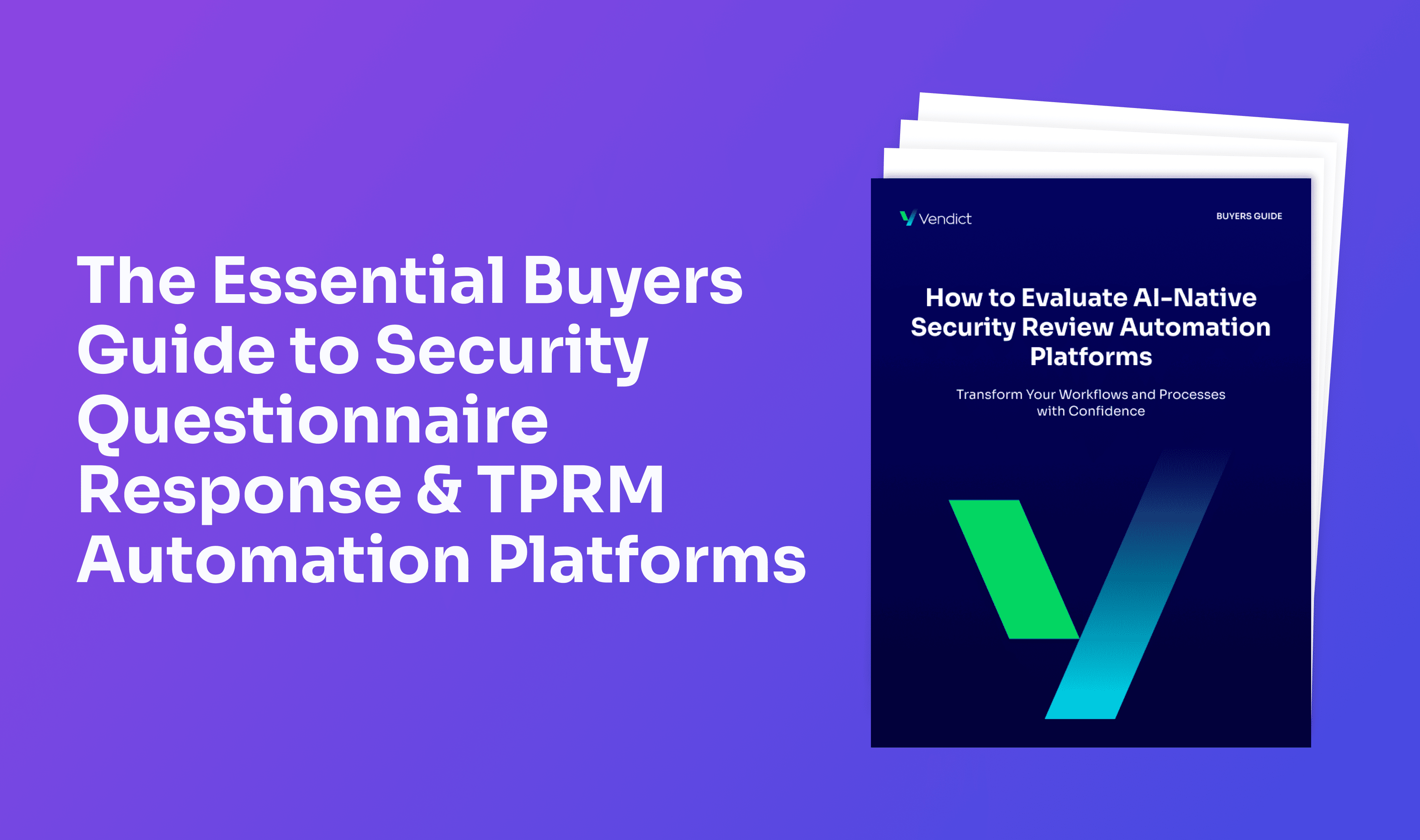The CISOs of Tomorrow: Managing Reputation While Sailing Uncharted Waters (CISO Chronicles Part 3)

The CISOs of the future have a tall order:
- Embrace cutting-edge technologies
- Outsmart cybercriminals
- Shake off their naysayer persona
- Manage their workloads to a reasonable degree and avoid burnout
They need to pivot from being defenders stereotyped for saying "no" to being savvy negotiators who blend security seamlessly with business growth. They must become the go-to strategists who ensure security measures spark innovation rather than stifle it.
Let’s explore what these upcoming duties entail and how CISOs should respond.
Table of Contents
As generative AI and emerging tech take center stage, CISOs again find themselves lost in a digital jungle.
These technologies aren't just incremental innovations or fancy tools; they're reshaping the very fabric of cybersecurity departments.
Take AI-driven security platforms – they're streamlining workflows and, in some cases, even reducing the need for a large cybersecurity workforce. Yet, they're also introducing new risk profiles and management.
For instance, the integration of AI in cybersecurity can sometimes be a double-edged sword, as seen when ChatGPT inadvertently leaked personal data due to a programming oversight.
CISOs must adapt, finding a balance between harnessing AI's power and managing the novel vulnerabilities it brings.
AI is increasingly being used as a hacking weapon, not just a vulnerability to exploit.
For example, threat actors employ AI-driven techniques to automate and enhance various stages of attacks, such as crafting sophisticated phishing emails with personalized content generated by AI and even using AI to mimic human behavior to bypass security measures.
Meanwhile, the evolution of tech like quantum computing poses a looming challenge for encryption and, by extension, for CISOs tasked with protecting sensitive data.
Imagine a world where today's encryption standards can be shattered in seconds – this isn't science fiction anymore; it's the future knocking on the door.

As these technologies become more prevalent, CISOs will have to pioneer new defenses, investing in quantum-resistant encryption well before these machines become mainstream.
It's a race against time, with CISOs leading the charge to keep their organizations one step ahead of the curve and safe from the potential upheaval brought on by these technological titans.
Just as history has shown, the cat-and-mouse game between CISOs and cyber ne'er-do-wells is getting wilder by the day. Hackers are no longer just coders in basements. They're sophisticated and creative enterprises, pulling off heists that would make movie villains envious.
The infamous SolarWinds attack is a case in point, where attackers snuck in through a Trojanized update, laying bare the urgency for teamwork and collective cyber wisdom.
While the motive and backers behind this attack are still a subject of debate in the cybersecurity community, this type of cunning intrusion is turning cybersecurity into a team sport, with companies pooling their know-how into shared industry playbooks.
Yet, to craft these playbooks, cybersecurity experts need to witness an attack unfold, studying its anatomy to devise countermeasures and risk assessments. Once they do, the response is swift and sharp. This reactive stance means that for every new trick up a hacker's sleeve, there's a CISO ready to learn and adapt.
Whether it's through information-sharing alliances like the Cyber Threat Alliance or cyberattack simulations like red team exercises, CISOs need to be continuously updating their arsenal.
This ensures that when the next complex attack wave hits, they're not just ready – they're one step ahead.
The CISO's gig has often been viewed through a narrow lens, where they’re seen as the ones holding up the stop sign to ensure security, which can sometimes slow down business.
Yet, as they navigate their role in the digital landscape, CISOs are embracing their truer identity as "Security and Trust Officers."
They get that their real job is to clear the obstacles in the way of the revenue machine – smoothing out the trust center operations, breezing through security questionnaires, nailing audits, and streamlining procurement and vendor risk assessments.
It's all about making the company safer and more agile – becoming a trusted and swift operator in the market. When cyberattacks are an expectation, having a clean record of avoiding them becomes a crucial selling point.
This shift is significant. CISOs aren't just about padlocks and passwords. They're becoming vital cogs in the business engine, helping deals fly through the door with security as the value proposition.
It means juicy business deals sandwiched between effective data protection and third-party risk management.
In this evolving scene, the CISO role is gaining new respect, and they're seen as allies in the boardroom, where security translates into business velocity.
CISOs are stepping up as the orchestrators of trust – ensuring that every transaction, every partnership, and every customer engagement is built on a foundation of security that doesn't just prevent threats but also propels business growth.
On the other hand, the constant piling of responsibilities and increasingly complex problems eventually reach a tipping point for most CISOs.
Evidence indicates that the cybersecurity space is on the verge of a mass exodus – worse than the talent shortage it’s currently experiencing, with nearly half of cybersecurity experts quitting their jobs due to stress by 2025 and half of them quitting the cybersecurity industry altogether.
A scenario like this would be, to say the least, disastrous for just about everyone.
It could even throw everything else we’ve said about the future of CISOs into irrelevancy if there aren’t enough soldiers ready to fight our oncoming battles.
At the end of the day, it’s important to remember that CISOs are human. Everyone has limitations, and everyone has a breaking point. It’s simply unsustainable for a profession to consistently place crippling amounts of responsibilities on everyone that bears its title.
While the CISO role continues to grow in scope, companies must also consider ways to ease the burden on some of their most valuable defenders so that they can maintain the energy to keep doing what they do best.
There have certainly been quite the ups and downs in the CISO world since Steve Katz first sat down at a desk for a wholly unique job role. Since his innovative demonstration of what such a job should accomplish, CISOs have become the standard across every company in every industry.
If a business is a body, then the CEO is the brain, and the CISO is the immune system – carefully working in tandem with the other systems to decisively eliminate threats.
Oftentimes, CISOs go underappreciated as they carry the weight of their employer’s security upon their shoulders. Nobody even notices them until their business catches the flu.
But CISOs aren’t in it for splashy praise and acclimations. All they want is to make sure the operations run unimpeded.
It’s a difficult job that’s suited for only the best of the best – and it’s only getting harder.
The role is ever-changing, but one thing's clear: CISOs are at the forefront, ready to tackle whatever comes next in the cybersecurity saga.
Here’s to 30 years of CISO expertise and many more ahead!
.png)









.png)